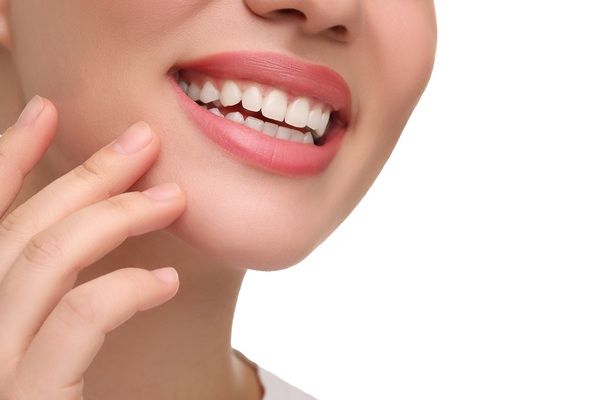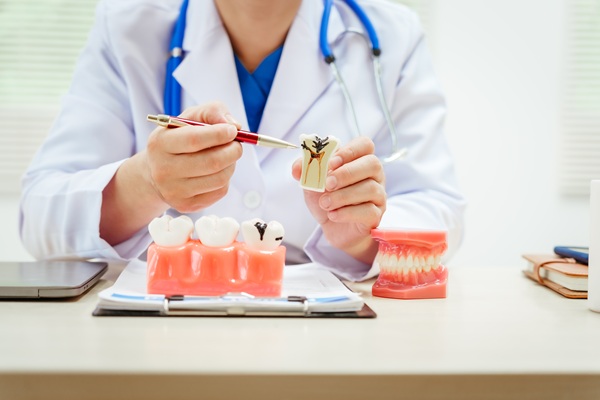 Many people use the terms dental office and dental clinic interchangeably. The confusion is understandable, but they are not exactly the same thing. Dental offices have to contain a dental clinic, but there are also dental clinics that exist in places other than dental offices.
Many people use the terms dental office and dental clinic interchangeably. The confusion is understandable, but they are not exactly the same thing. Dental offices have to contain a dental clinic, but there are also dental clinics that exist in places other than dental offices.
Key Distinctions
A dental clinic is a place where a dentist performs oral health treatments and dental procedures. All the necessary dental tools and equipment are typically housed in a single room. A dental clinic is a component of a dental office, and it is one of the most important parts because otherwise no examinations or treatments can take place.
Because a dental office is also a business establishment, it is the facility where the dentist and staff handle financial matters and clerical tasks. There are special areas within the office where the administrative staff handles the following day-to-day operations:
- Insurance claims
- Accounts payable and receivable
- Patient records
Not all dental clinics are housed in dental offices. Larger health-related establishments, such as hospitals or government offices, sometimes host dental clinics to provide services on an emergency basis or to low-income individuals. Dental schools sometimes have clinics where students provide treatment to patients under the supervision of their instructors as part of their studies.
Expectations
While both dental offices and dental clinics can provide treatments, the experience each one offers may vary in significant ways.
Services
A dental clinic ordinarily provides basic dental services, such as checkups, fillings and root canals. Patients seeking cosmetic treatments may need to go to a dental office. A dental clinic may be more likely to provide emergency after-hours care, while dental offices may be more inclined to keep traditional hours.
Cost
Since dental offices are business establishments that invest in state-of-the-art technology, the cost for services may be higher than at a dental clinic. Pricing at a dental clinic may be more affordable. For example, a government health office may provide reduced-cost services at a dental clinic to people who can demonstrate financial hardship. Dental schools may charge lower costs to allow students to practice performing examinations and treatments on actual patients.
Waiting
Dental clinics typically do not have reception areas. These may not be necessary because the clinic tries to see patients as quickly as possible. Dental offices, on the other hand, try to keep patients comfortable while waiting to see the dentist. There are typically reception areas with chairs and entertainment in the form of televisions or reading materials. The reception area may also provide toys to amuse children, particularly those who are very young and prone to boredom and fussiness.
Administration
The person who owns the dental office, or at least is responsible for running it, is usually a dental professional. A dentist working in a dental clinic, however, is more likely an employee rather than the individual running it. That responsibility generally falls to the administrative body that runs the facility in which the clinic is located. That may be a government agency or the board of a hospital or dental school.
Check out what others are saying about our dental services on Yelp: General Dentistry Services in Tomball, TX.
Conclusion
A dental clinic and a dental office may offer the same basic services. However, the latter may provide more advanced services in a more comfortable environment.
Request an appointment or call Heather Feray Bohan, DDS, PA at 281-864-1581 for an appointment in our Tomball office.
Recent Posts
Dental bonding is an efficient way to restore the appearance and function of teeth. Your cosmetic dentist can use this to repair any damage, discoloration, or decay. Cracked, chipped, broken, or stained teeth can look new. This type of treatment can also close gaps between teeth. If you want to know how dental bonding works…
Finding out that you need a root canal can be nerve-racking. Caring for the treated tooth can be even more stressful. Knowing what to do after the treatment can help you prepare well for it. Here are some tips for a smooth and quick recovery after your root canal.The patient must wait to eat as…
A broken tooth can happen with an injury to the mouth or from dental problems. A sports injury to the face, a car accident, or a lost filling are common ways for teeth to break. These situations can be frightening and traumatic, but a dentist can save a damaged tooth in some cases. The key…


